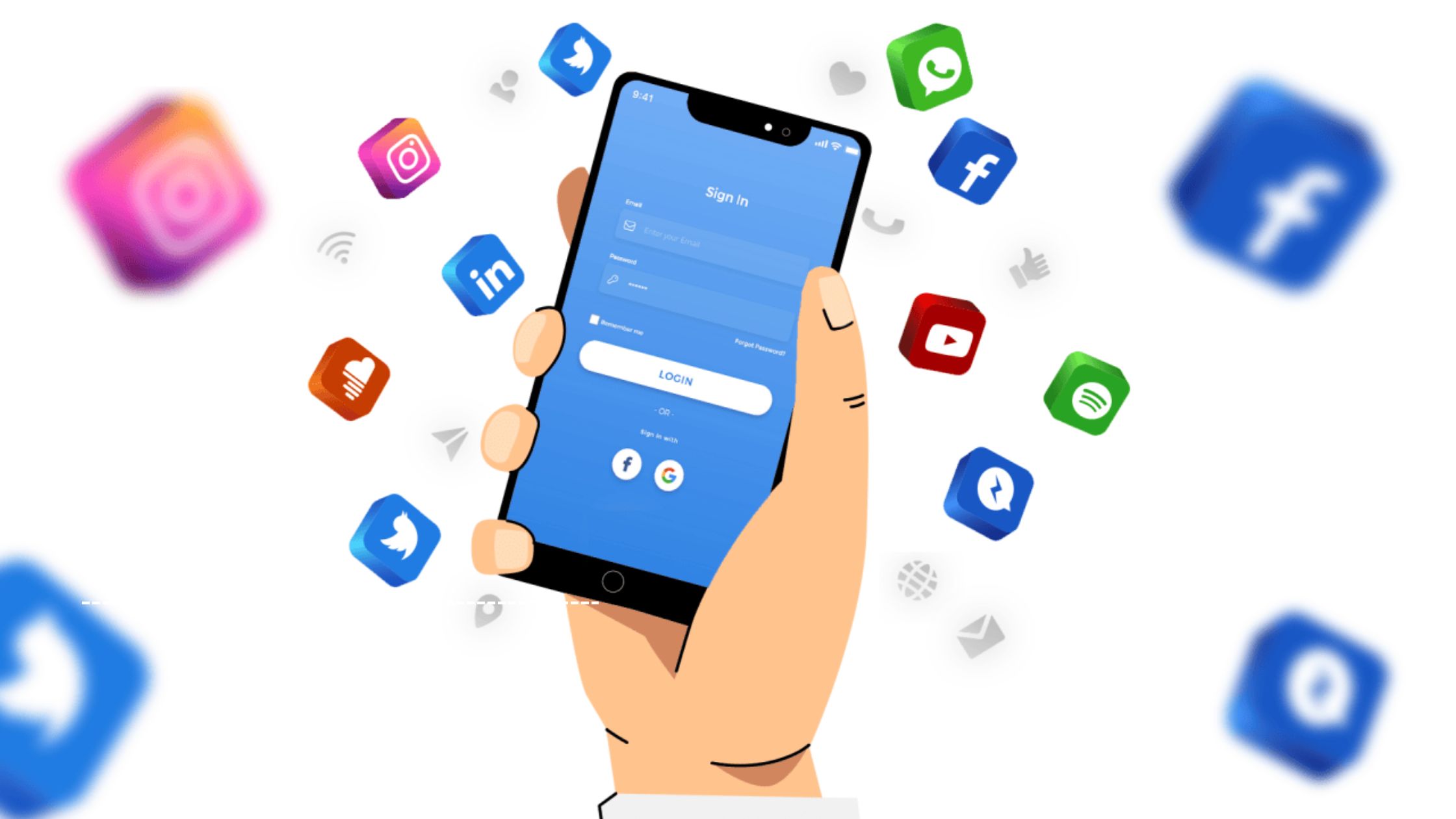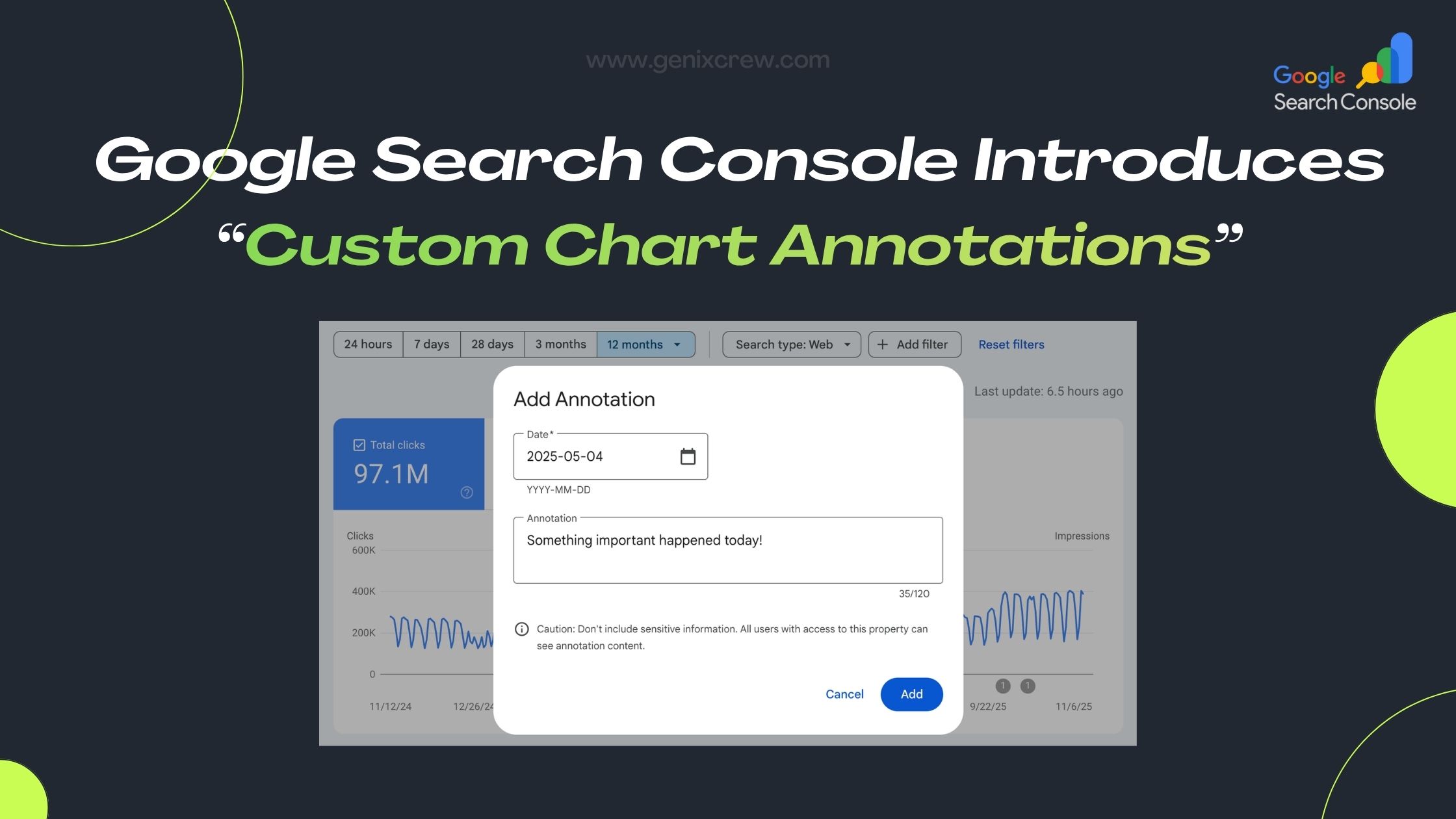
In 2025, mobile apps have become far more than just tools; they are central to our daily routines. Whether it's for shopping, entertainment, productivity, or communication, mobile apps have permeated every aspect of our lives. For businesses, this presents both immense opportunities and tough challenges. With millions of apps flooding app stores, standing out and attracting users has never been more competitive. This is where mobile app marketing comes into play.
As the mobile app landscape continues to evolve, mobile app marketing is becoming even more critical. Here’s why it is more important than ever in 2025.
1. The Growing Mobile User Base
As of 2025, there are over
7 billion smartphone users worldwide, and the number is only continuing to grow. Mobile apps are increasingly becoming the platform of choice, with people spending an average of
4-5 hours per day on their devices. For businesses, this presents a vast and growing audience that can be tapped into.
With such a large pool of potential customers, app marketing is no longer optional. Without a solid marketing strategy, your app risks getting lost in the sea of competition, despite the growing number of mobile users.
2. Increased Competition in the App Marketplace
The app marketplace has only become more competitive. In 2025, there are over
8 million apps available across iOS and Android stores. The increased number of apps makes it harder for any single app to get noticed.
Effective mobile app marketing is necessary to rise above the competition. Using strategies such as
app store optimization (ASO), targeted advertising, and partnerships with influencers, businesses can enhance their visibility and ensure their app reaches the right audience.
3. App Store Optimization (ASO) is Essential
As in previous years,
App Store Optimization (ASO) remains one of the most critical components of mobile app marketing in 2025. Just like SEO for websites, ASO helps apps rank higher in search results on app stores, which directly impacts discoverability and download rates.
Key elements of ASO include:
- App name and keywords: Choosing the right name and keywords can significantly increase your app’s search visibility.
- App description: A compelling and informative description is essential to attract users to download your app.
- User reviews and ratings: Positive ratings and reviews improve credibility and boost the app's ranking.
By focusing on ASO, you can improve your app’s visibility and make it easier for users to find and download it.
4. The Power of Social Media and Influencers
Social media remains a dominant force in mobile app marketing. In 2025, platforms like
TikTok, Instagram, Facebook, and YouTube continue to be key channels for reaching users.
- Influencer marketing: Partnering with influencers who resonate with your target audience can provide an authentic way to promote your app. Influencers can help build trust and awareness, driving downloads.
- Social media ads: Running targeted ads on social media platforms helps you reach a wider audience. These ads allow for hyper-targeting, ensuring you reach the right people based on their interests, behaviors, and demographics.
Social media marketing plays a crucial role in driving awareness and engagement for your app, ensuring that it doesn’t get lost in the crowded marketplace.
5. Personalization and User Engagement
In 2025, mobile app marketing isn’t just about getting users to download your app—it’s about keeping them engaged. Personalization is key to creating a meaningful experience for users, ensuring they continue to use your app over the long term.
- Push notifications: Personalized push notifications encourage users to return to the app and interact with specific features or offers.
- In-app messaging: Tailor in-app messages based on user behavior to guide them toward key actions or new features.
- User data analytics: Leverage user data to better understand preferences and behavior patterns. This helps create customized experiences that enhance user engagement and retention.
The more personalized and relevant your app experience is, the more likely users will continue using it, boosting retention rates and long-term success.
6. App Analytics and Data-Driven Marketing
Data is the backbone of effective mobile app marketing in 2025. By leveraging app analytics, businesses can track key performance metrics to optimize their marketing efforts. Key metrics include:
- User acquisition: How are users discovering your app?
- Engagement rates: How often are users interacting with the app?
- Conversion rates: How well are users completing desired actions such as making purchases or subscribing?
- Retention rates: How many users return after their first use?
Analyzing these metrics allows you to identify areas for improvement and continuously refine your marketing strategy, ensuring that efforts remain effective and aligned with business goals.
7. Monetization Opportunities
Effective mobile app marketing also facilitates monetization. With diverse revenue streams available in 2025, businesses can generate consistent income from their apps while providing value to users. Popular monetization models include:
- In-app purchases: Offer users additional features, content, or upgrades that enhance their experience.
- Subscription models: Implement recurring revenue by offering subscription-based services or premium content.
- Ad-based revenue: Integrating ads into your app allows you to generate income, especially with free apps that attract a larger user base.
Marketing your app to effectively showcase these monetization options can drive steady revenue growth while ensuring users receive valuable experiences.
8. Mobile App Marketing for Retention
Getting users to download your app is just the beginning—retaining them is where the real challenge lies. In 2025,
only 30% of users return to an app after the first use. This high churn rate emphasizes the importance of retention strategies in mobile app marketing.
Some effective retention strategies include:
- Regular updates: Keep your app fresh and engaging by adding new features, fixing bugs, and improving usability.
- Gamification: Introduce reward systems, challenges, and leaderboards to keep users engaged.
- Loyalty programs: Offer exclusive deals, discounts, or rewards to encourage long-term usage and boost user loyalty.
By focusing on retention, businesses can foster lasting relationships with users and create a more sustainable app ecosystem.
Conclusion
Mobile app marketing in 2025 is crucial for businesses aiming to grow their digital presence, increase user acquisition, and build long-term success. As mobile app usage continues to soar and competition in the app marketplace intensifies, businesses must adopt an integrated approach to app marketing, including
ASO, social media strategies, personalized experiences, and data-driven decisions.
Investing in mobile app marketing is no longer optional. It’s a necessary strategy for businesses to ensure their app stands out, attracts users, and drives sustainable growth in the rapidly evolving mobile landscape.
 In 2025, mobile apps have become far more than just tools; they are central to our daily routines. Whether it's for shopping, entertainment, productivity, or communication, mobile apps have permeated every aspect of our lives. For businesses, this presents both immense opportunities and tough challenges. With millions of apps flooding app stores, standing out and attracting users has never been more competitive. This is where mobile app marketing comes into play.
As the mobile app landscape continues to evolve, mobile app marketing is becoming even more critical. Here’s why it is more important than ever in 2025.
In 2025, mobile apps have become far more than just tools; they are central to our daily routines. Whether it's for shopping, entertainment, productivity, or communication, mobile apps have permeated every aspect of our lives. For businesses, this presents both immense opportunities and tough challenges. With millions of apps flooding app stores, standing out and attracting users has never been more competitive. This is where mobile app marketing comes into play.
As the mobile app landscape continues to evolve, mobile app marketing is becoming even more critical. Here’s why it is more important than ever in 2025.





